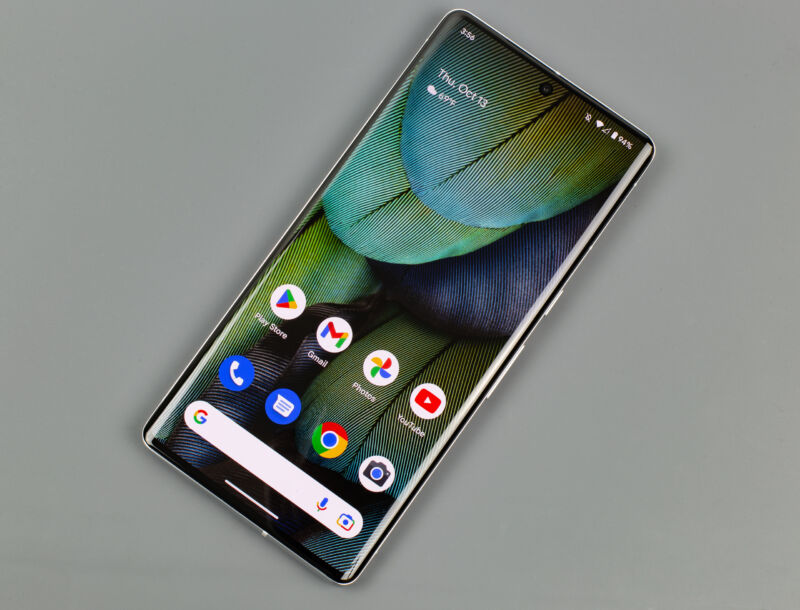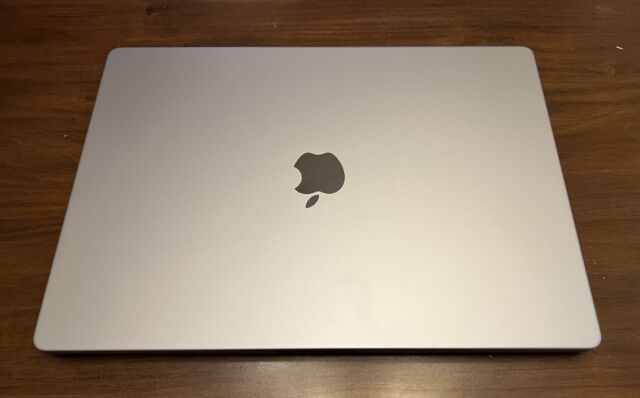Dealmaster: New lows on Apple MacBook Pro 14- and 16-inch, Samsung T7 SSD, and more

Enlarge (credit: Ron Amadeo)
Today's best deals in tech include the newest MacBook Pro 14- and 16-inch models at their lowest prices yet. Google's Pixel 7 is also available at the lowest price we’ve seen: $250 below MSRP and $100 off the typical street price. We also have the lowest price to date on Samsung's T7 Shield ruggedized portable SSD, sales on several of Samsung's microSD cards, and a cute set of Lego succulents to keep your hands busy and add some unkillable foliage to your home or office. As always, we use tracking sites like CamelCamelCamel and Keepa to compare current sale prices to the typical street price to ensure the sales we find are good deals.
Google Pixel 7 (128GB) for $349 ($599)
Our Android reviewer Ron Amadeo determined that the Pixel 7 Pro is the best Android phone you can buy. The Pixel 7 uses the same SoC as seen in the $900 Pixel 7 Pro, so it's every bit as fast, and it's currently selling for less than half that price. The 90 Hz, 6.3-inch display is smooth and pleasing to use, while the 50 MP main camera and 12 MP ultra-wide-angle camera deliver solid, creative shots and AI-assisted features like Magic Eraser and Photo Unblur. We didn't have much success with Google's Unblur in our testing, but Magic Eraser has worked well and is generally adept at its job. The current price is the lowest we've seen on the Pixel 7—$200 off MSRP and $100 off the typical street price. Bear in mind, this requires activation with a carrier, otherwise the price is $449.
Apple MacBook Pro 14-inch (2023) M2 Pro, 16GB RAM and 512GB SSD for $1,850 ($1,999)
When we reviewed the 2023 MacBook Pro, we called it "the best laptop you can buy today by almost any measure." Aimed at power users who demand muscular performance and varied, built-in port selection, the 2023 MacBook Pro only improved on an already impressive laptop. Those improvements include better performance and efficiency from the M2 Pro or M2 Max chip and an HDMI port that Apple says can handle 4K at higher refresh rates than 60 Hz—or pushing 8K at 60 Hz.
Read 4 remaining paragraphs | Comments
from Tech – Ars Technica https://ift.tt/dBS40Hz

Comments
Post a Comment